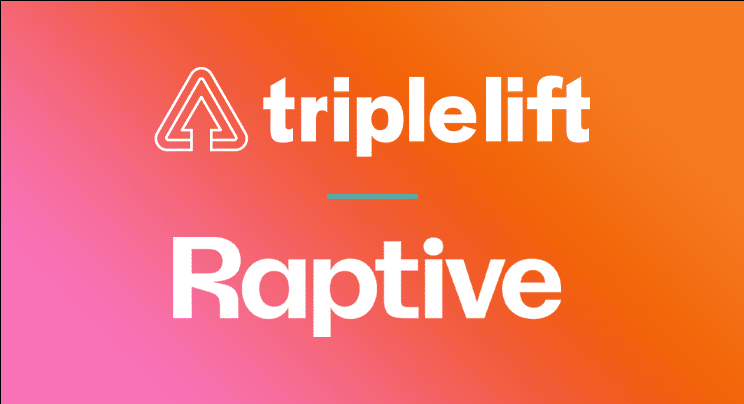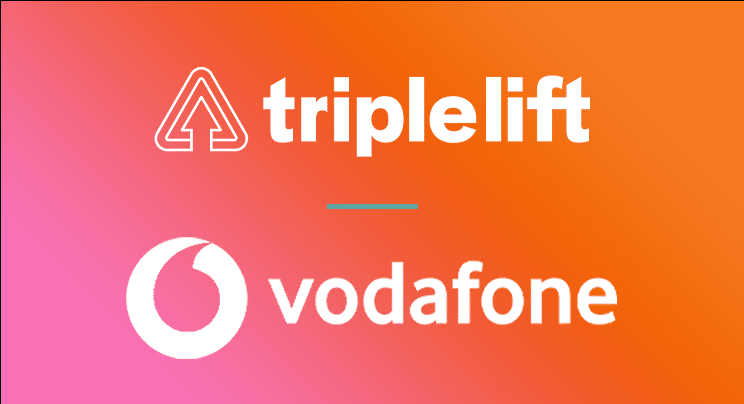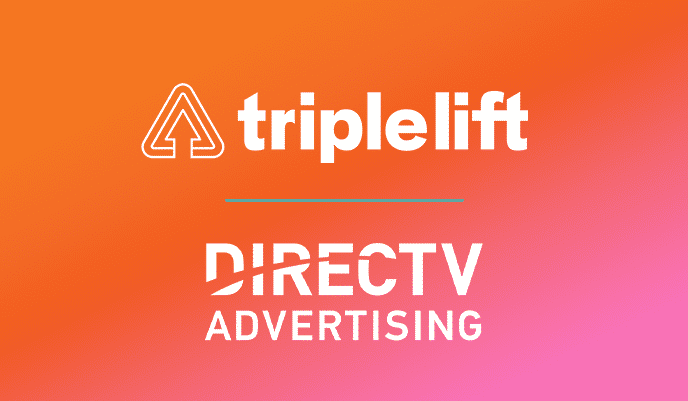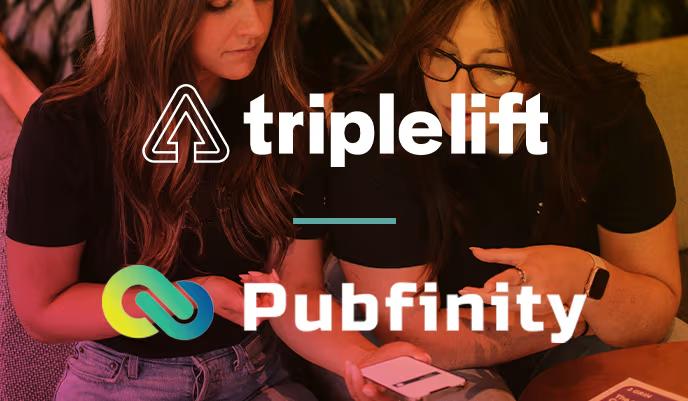In our latest spotlight, we spoke with Anthony Iaffaldano, Fandom’s VP, Sales Marketing & Insights about their exciting and expansive platform, including their recent rebrand, diverse and passionate audience, holiday trends, and how ‘fan mode’ can lead to higher engagement. If you’ve ever wondered what folks watch in the Vatican City or if Die Hard is in fact a Christmas movie, this blog is for you!
Can you start by telling us about Fandom and your role there?
Fandom is the world’s largest fan platform – our tools, content and experiences help 315 million fans around the world immerse themselves in their favorite entertainment and games.
At the core of what we do are our 250,000 fan-edited wikis – more than 30 million pages of content documenting virtually every movie, tv series or video game you can think of – from Star Wars to Spongebob and everything in between.
We’re also the home of Honest Trailers, an Emmy and Webby nominated series that explores what movie trailers would look like if they were more honest. We operate D&D Beyond, the leading digital toolset for Dungeons & Dragons players that has more than 8 million registered users. And we also recently acquired Fanatical, a leading video game ecommerce platform, which has more than 83 million game keys sold to-date. And that’s just the tip of the iceberg!
As for me, I’m responsible for bringing our unique platform, audience and data to life for our advertising partners through messaging, sponsorship and thought leadership.
As a life-long pop culture fan, I’ve been a Fandom user for years. It’s fun to come to work every day and find innovative, new ways to help brands connect with real fans around their passions.
You recently went through a rebrand, including a new logo, tagline, aesthetic, and website. What brought that on? Did you have specific goals in mind?
Our new brand positioning is centered around a very simple idea: At Fandom, everything we do, we do for the love of fans.
That’s more than a tagline, it’s a mission statement – we want to be fans’ first choice for community and experience. A constant companion that helps them discover new entertainment favorites, and to explore and play in their favorite fictional worlds. Our brand launch is intended to bring focus to the value that Fandom provides to fans every day.
Our wikis already individually bring fans a ton of value: millions of users turn to us every day for the incredibly deep UGC library of information that fans have built out across more than 250,000 fictional worlds. It’s incredibly wide and impossibly deep – literally anything and everything that fans want to know.
And our new homepage builds on that value by helping with discovery. It’s a portal to the most popular, trending entertainment and games of the day, constantly updating and evolving as fan interests change.
What does Fandom’s audience look like at a glance?
To me, the beauty of Fandom is that we’re a destination for everyone and anyone to come and celebrate the entertainment and games they love. Whether they love Roblox (younger audience), Marvel (transcends generations) or Grey’s Anatomy (millennial women), we’ve got communities for all of them.
Teens and Gen Z have fueled the growth of entertainment and gaming, making them a core demographic for Fandom, but we tend to lead with interest over demo. We find connecting with people through their passions to be more effective than targeting by audience, gender, race, or ethnicity.
Second, our audience is global – we have sizeable reach in every major market in the world. (Even in the Vatican City… Lots of people watching The Young Pope on repeat.)
We notice there’s high engagement on Fandom’s placements across our platform – what do you think that can be attributed to?
I think it all comes down to state of mind.
Fandom generally reaches audiences in what we like to call ‘fan mode’ – when they’re diving deep into their personal interests and passions. In that mindset, our audience is open to go where their interests take them. Well targeted, highly visual placements (like TripleLift’s) do especially well at grabbing their attention and moving them through the funnel.
What’s something that Fandom can offer to advertisers that other publishers can’t?
The beauty of wiki content is that our pages tend to be very focused – about a specific character, item, piece of lore or episode. For instance, with each new episode of What If on Disney+, we see spikes in interest, not only for the show, but for the pages on the specific characters and storylines mentioned as fans dig in.
Now translate that to the other 249,000 communities within Fandom. Because of our broad reach and the structure and depth of our content, we’re not just able to reach fans, we’re able to understand them – we can go deep into what’s popular and why. We can even interpret the data in ways that help us get ahead of trends, and tell you what’s about to become popular.
Late last year we launched a research service for our advertising clients called FanDNA that’s been really popular – we help our clients understand how fans are engaging with an individual franchise, genre or competitive set, and what drives interest and excitement for them. It’s essentially a fan insights engine that encompasses multiple products that fuel film, streaming and gaming development, creative/messaging development, audience targeting and media planning for Fandom’s advertising clients, turning campaign media deals into large, consultative partnerships.
With the holidays approaching, are there any consumer trends you’ve noticed that advertisers should be aware of?
Well, for one, we can confirm (with cold hard facts) that Die Hard is, in fact, a Christmas movie. So glad to end THAT debate.
That said, I’m guessing you’re more interested in talking about what people will be buying and doing this holiday season.
This year, more than ever, people will turn to entertainment to connect with the people they love during the holidays. 82% of our audience chooses to watch shows and movies or play games with their family specifically as a way to spend quality time together. As a result, Fandom’s communities typically see a network-wide 15% increase in traffic during the holidays.
And, where possible & safe, we think people are ready to have those experiences outside the home. 69% of fans in a recent study said they are ready to get back to in-person experiences around their entertainment and gaming fandoms, because they’re missing the excitement and hype of being around other fans, a key part of the experience.
Of course it wouldn’t be the holiday season without talking about gifting – and fandom-related items are on just about everybody’s list! 83% of fans ask for gifts that relate to their entertainment fandoms. Knowing that many shoppers don’t share the same interests as their loved ones, 85% of gift buyers search for gift guides for specific fan bases (i.e. gifts for Marvel super fans).
Happy shopping, and happy holidays, everybody!
Source: Google Analytics; Fandom Holiday Study







